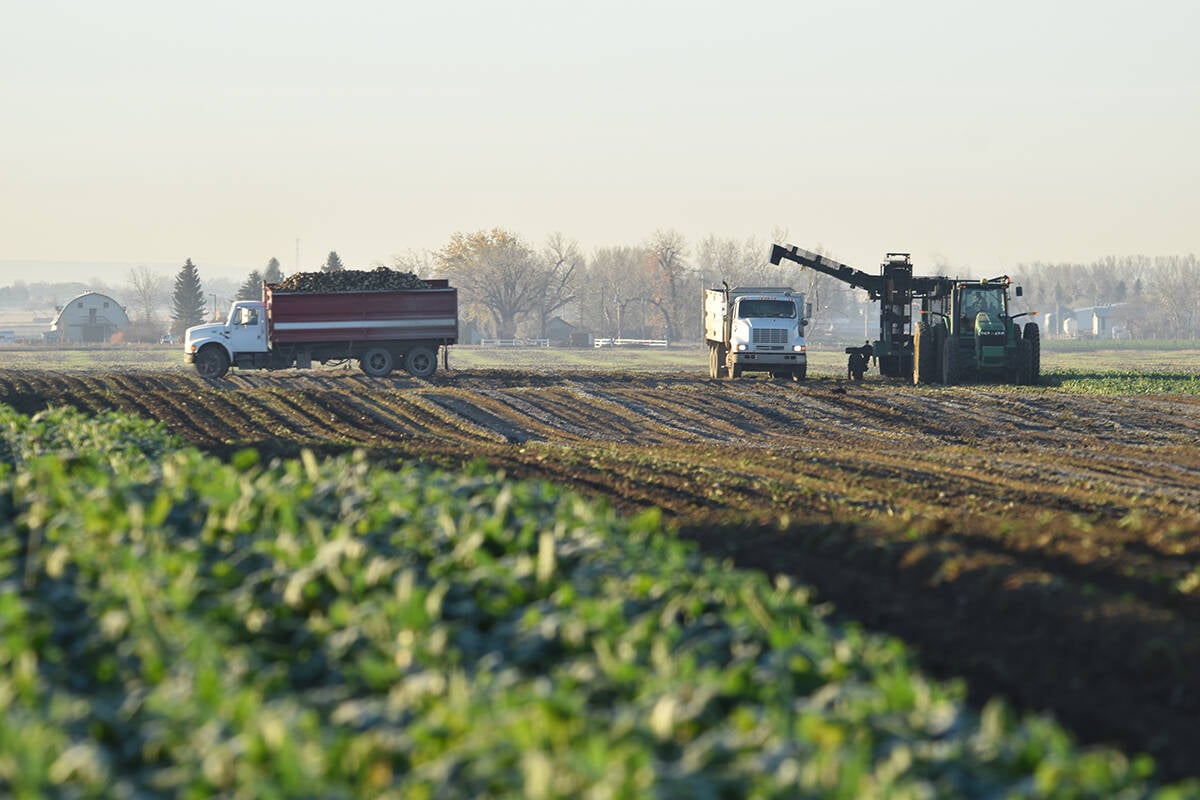OTTAWA – Federal government user fees and service charges are not undermining the competitiveness of the food industry, government officials insisted last week.
During a Commons agriculture committee hearing on cost recovery, senior bureaucrats tried to reassure MPs concerned that higher government-imposed costs are making Canadian food sectors less competitive in export markets.
“We have been very sensitive to make sure we are trying to maintain a regulatory level playing field with the United States,” Randy Benoit from Agriculture Canada told the committee April 23.
Assistant deputy minister Art Olson, in charge of the department’s food production and inspection branch, said the government understands it should not put Canadian producers and companies at a disadvantage by making them pay more than their competitors.
Read Also

Canada the sole G7 nation without a Domestic Sugar Policy to aid local sugar beet production
Canadian sugar beet industry vastly different to US with free-market system compared to protective government-regulated sugar program
He said all countries are moving to charge for services they deliver.
“We don’t intend to exceed those levels for competitive reasons,” said Olson.
Both Liberal and Reform MPs expressed some skepticism, citing constituent concerns that the food industry has been singled out for government-inspired costs which make it difficult to compete.
In imposing cost recovery rules, the Treasury Board appears to have no fairness test and no system of assessing the impact of their charges, complained Saskatch-ewan Reform MP Elwin Hermanson.
“To someone who has been a farmer for some time, I see the agriculture sector being very vulnerable while other sectors have few demands on them,” he said.
Ontario Liberal Murray Calder said it appeared that in some cases, Canada was leading other nations in cost recovery charges.
Prince Edward Island Liberal Wayne Easter noted farmers are affected by cost recovery imposed by a number of departments. Is anyone in government keeping an eye on the overall impact? he asked.
David Miller of the expenditure management sector of Treasury Board had a simple reply: No.
Earlier, he told MPs the Treasury Board sets out the cost recovery goal and tries to make sure it is done fairly, but individual departments must deal with their own clients.
According to information presented to the committee, the food production and inspection branch will recover $56 million this fiscal year, rising to $58.6 million next year.
The goal is $70 million.
But Olson said care is taken not to hurt a sector’s competitiveness. He used the red meat processing industry as an example.
He said the net impact on the sector, once “adjustments (are made) for tax deductions and market responses” is 0.16 cents per kilogram.














